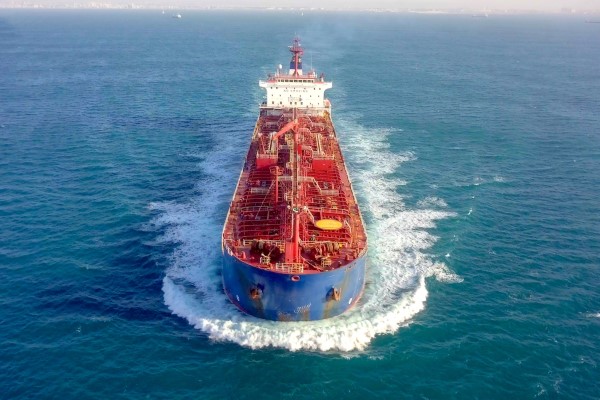CPC Adopts New Regulations on Tanker Loadings in Its Marine Terminal
(Reuters) — Caspian Pipeline Consortium (CPC) said it has adopted new regulations allowing it to reduce the loading speeds of oil tankers in its marine terminal at times of changing weather conditions to minimize air pollution.
The consortium has begun to reduce the tanker loading speeds not only in case of bad weather conditions announced by local authorities, but also in cases of southern winds in the area of the CPC Terminal in Yuzhnaya Ozereevka, CPC said in a statement.
The regulations came into force on April 27, the consortium said, and appropriate changes were made to internal documents.
The new regulations have not led to any disruption or delays in oil loadings from CPC terminal so far, according to two traders familiar with the port's operations.
Last year CPC was told by a Russian court to suspend activity for 30 days, citing issues related to oil spills.
Kazakhstan aims to boost oil exports via the Caspian Pipeline Consortium (CPC) system by 8.7% year-on-year to 56.5 million tonnes in 2023.
CPC, which handles around 1% of global oil deliveries, is a main export route for crude oil produced in Kazakhstan and has its end point in Russia's south. CPC Blend is the grade exported from the marine terminal to international markets.
The main shareholders in CPC are Russian pipeline operator Transneft with a 24% stake, Kazakhstan's KazMunayGas with 19%, and the Chevron Caspian Pipeline Consortium Company with 15%.
Others include LUKARCO B.V (12.5%), Mobil Caspian Pipeline Company (7.5%), Rosneft-Shell Caspian Ventures Limited (7.5%) and Eni International (N.A.) N.V. S.a.r.l. (2%).
Related News
Related News

- Keystone Oil Pipeline Resumes Operations After Temporary Shutdown
- Freeport LNG Plant Runs Near Zero Consumption for Fifth Day
- Biden Administration Buys Oil for Emergency Reserve Above Target Price
- Mexico Seizes Air Liquide's Hydrogen Plant at Pemex Refinery
- Enbridge to Invest $500 Million in Pipeline Assets, Including Expansion of 850-Mile Gray Oak Pipeline





Comments